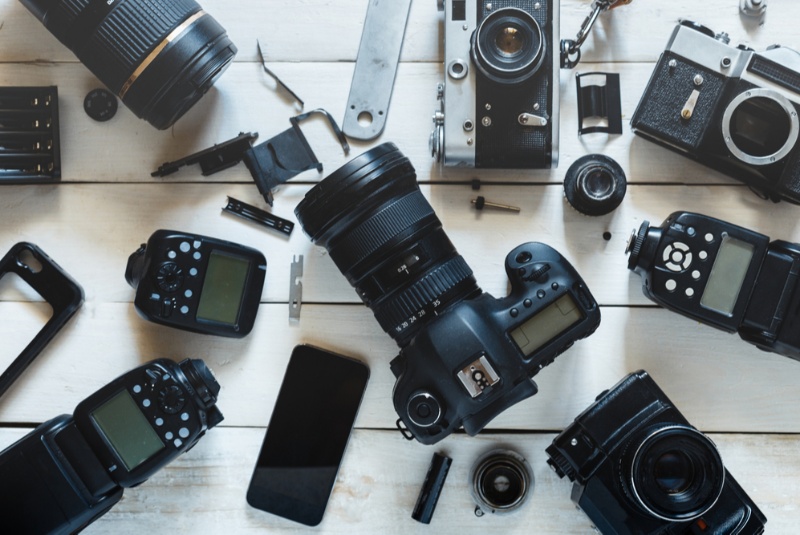In a world inundated with smartphone photography, the reverence for standalone digital cameras — the guardians of high-quality imagery — remains unshaken. For photography enthusiasts, professionals, and even hobbyists aiming to capture life in its most vibrant and authentic hues, choosing the best digital camera on the market is the premier step to achieving that goal. The labyrinth of technical specifications, endless lists of features, and a broad range of price points can make this endeavor somewhat daunting. This guide intends to streamline your path, offering incisive pointers on smart shopping for the ideal digital camera to match your photographic flair and needs.
Understand Your Photographic Needs
Before venturing into the technicalities, engage in a candid conversation with yourself to understand your photographic needs. Are you an adventurous spirit needing a rugged camera for the great outdoors, or a meticulous artist craving meticulous control over each shot's intricate details? Identifying your niche will steer your choice in the right direction.
Sensor Size and Resolution
The sensor size in a digital camera significantly influences image quality. Larger sensors capture more light, offering superior image quality, particularly in low-light conditions. Meanwhile, higher resolution, denoted by megapixels (MP), promises finer details but at the potential cost of increased noise in the images. As a smart shopper, weigh your options between sensor size and resolution, considering your primary photography environments and subjects.
Lens Quality
A camera is only as good as its lens. High-quality lenses offer better sharpness, faster autofocus, and more robust low-light performance. Interchangeable lens cameras, such as DSLRs and mirrorless cameras, provide the flexibility to choose the right lens for different situations. It's advisable to pay attention to the range and quality of lenses available for a particular camera before making your choice.
Ergonomics and Handling
A camera should feel like an extension of yourself, intuitive and comfortable to use. Consider factors such as the camera's weight, grip, and the layout of controls. Moreover, inspect the viewfinder and the screen for clarity and ease of use. In this era of touch screens, many cameras offer intuitive touch interfaces that simplify operation.
Video Capabilities
With the increasing trend of vlogging and video content creation, having a camera with potent video capabilities is a substantial advantage. Look for features like 4K video recording, high frame rates for slow-motion videos, and microphone and headphone jacks for better audio control.

Connectivity
In a connected world, the ability to swiftly share your magnificent creations is almost as essential as the creative process itself. Cameras equipped with Wi-Fi, Bluetooth, or NFC ensure a smooth transfer of files to your devices or cloud storage, facilitating quick sharing and backups.
Battery Life
Lengthy photography sessions demand a camera with a robust battery life. Consider cameras with higher battery life ratings, and always carry spare batteries to ensure uninterrupted shooting experiences.
Budget
Lastly, outline a clear budget that accommodates not only the camera body but also essential accessories like lenses, memory cards, and a durable carrying case. It's prudent to anticipate future upgrades and choose a camera system that offers a growth pathway as you evolve in your photography journey.
Embarking on the journey to choose the best digital camera on the market requires a fusion of self-awareness, a discerning eye for technical specifics, and a clear budgetary outline. As you maneuver through the realms of sensor sizes, lens qualities, and connectivity features, remember that the best camera will resonate with your photographic spirit, enabling you to articulate your visions precisely and evocatively through the lens. Here's to smart shopping and to capturing life in its fullest spectrum — one brilliant snapshot at a time.
